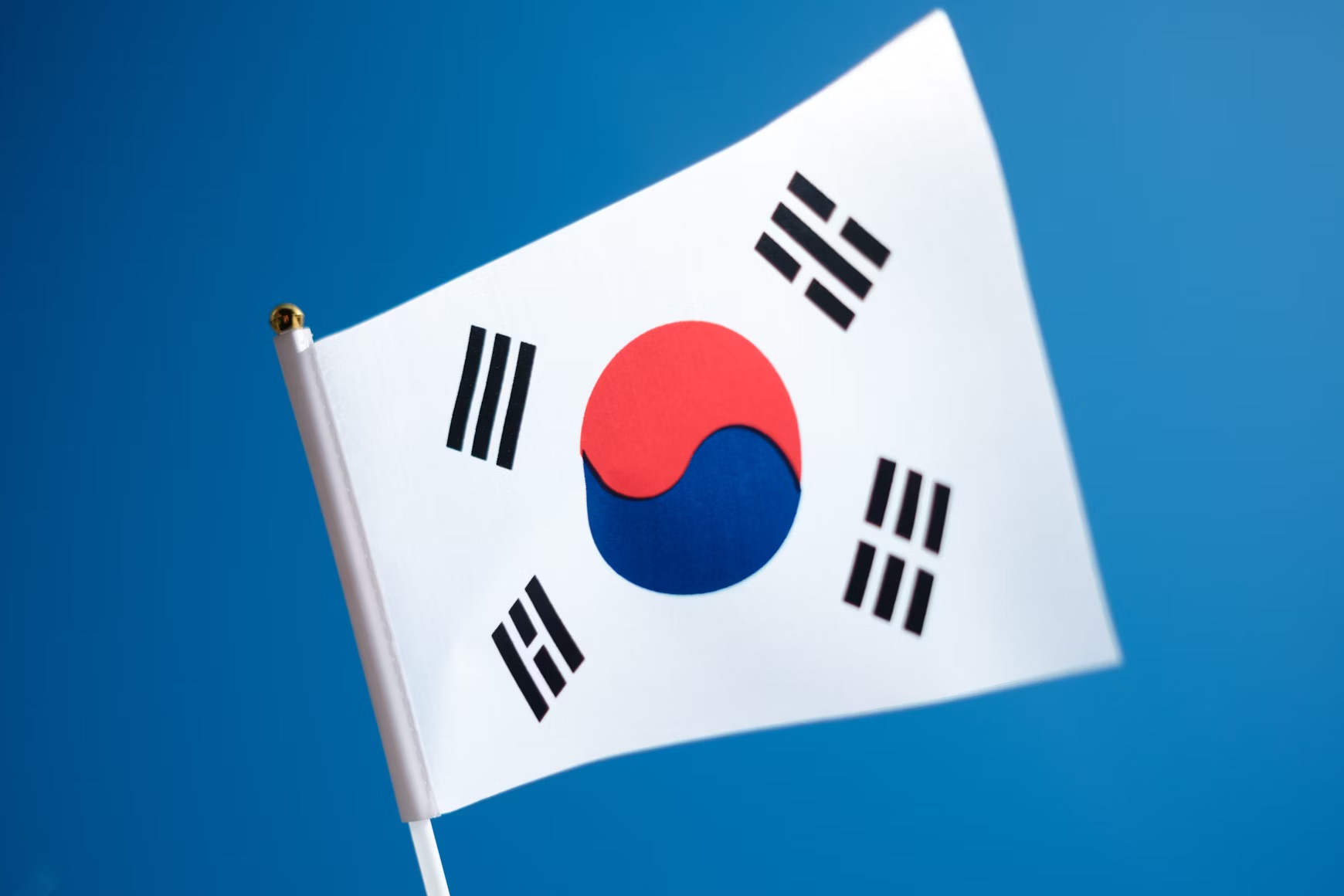
South Korea has enlisted some of its largest corporations and promising startups to create a national foundational AI model built primarily on domestic technology. The initiative is part of Seoul’s effort to maintain competitiveness with the United States and China, while developing a near self-sufficient AI industry that could serve as an alternative to both.
The plan will incorporate South Korean technology across the AI stack, from semiconductors to software, reflecting a strategy that analysts say sets the country apart from other national AI programs. The Ministry of Science and ICT has selected five consortia to develop the models. One is led by SK Telecom and includes gaming firm Krafton and AI chip startup Rebellions, while other groups are spearheaded by companies such as LG and Naver.
Leveraging National Strengths
South Korea is uniquely positioned for this project due to its global leadership in memory chip production and a growing ecosystem in AI hardware and infrastructure. SK Hynix is a major supplier of high-bandwidth memory critical for Nvidia’s products, while Samsung is another dominant force in memory and chip manufacturing. SK Telecom is expanding into data centers, and Rebellions is developing chips optimized for AI workloads. This means the country already holds many of the core technologies needed to build an AI ecosystem, though it will still rely on Nvidia GPUs and cloud partnerships with companies like Amazon for certain components.
Roadmap for Development
SK Telecom has experience in AI model development, having launched its own large language model and chatbot called “A dot” in 2022. The company’s consortium aims to release its first model by the end of this year. Initially targeted at the South Korean market, the model will be open-source, potentially allowing global use with some licensing terms.
Competition will be fierce, with established players such as OpenAI, Anthropic, and leading Chinese firms like Alibaba and DeepSeek in the market. SK Telecom’s goal is to produce models capable of matching these rivals in performance. The plan includes creating models of various sizes to cater to different industries, with the open-source approach offering domestic businesses access to advanced AI without depending on foreign technology providers.
The concept of “sovereign AI” underpins South Korea’s efforts. This approach ensures that AI models and services deemed strategically important are developed domestically and hosted on local servers. Analysts note that this trend is growing globally as countries seek greater control over their digital infrastructure. Other nations are taking different routes: the UAE and Saudi Arabia rely heavily on U.S. technology, while Europe’s hopes are pinned on startups like France’s Mistral AI, even as it remains dependent on American hardware.
By targeting the full stack of AI development — from hardware to cloud infrastructure to the models themselves — South Korea is attempting to stand out in the global race, despite continued reliance on certain foreign technologies for now.
A Bold but High-Stakes Play
South Korea’s push for a domestically built national AI model is ambitious and strategically sound, but success will depend on execution and global adoption. The country’s strengths in hardware give it a head start, yet competing with the massive R&D budgets of U.S. and Chinese AI giants will be an uphill battle. If Seoul can deliver models that genuinely rival the best on the market, it could position itself as a trusted third option in a space dominated by two superpowers.
Featured image credit: Chris Boland via Unsplash
For more stories like it, click the +Follow button at the top of this page to follow us.
